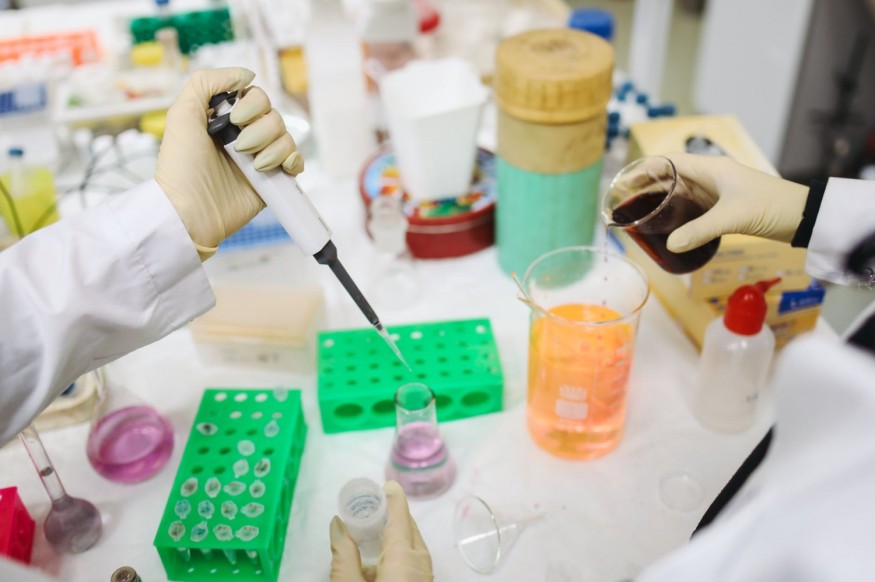
Scientists at the University of Pittsburgh School of Medicine created a potential vaccine for the novel coronavirus.
Researchers report that the vaccine, when tested on mice, produces antibodies specific to a coronavirus SARS-CoV-2 that combats the novel virus. Testing the vaccine on mice, however, does not ensure efficacy in humans. The first phase of human clinical trials would involve healthy volunteers in the coming months.
Dr. Louis Falo, professor and chair of dermatology at Pitt's School of Medicine and UPMC, said during a press briefing that they are ready to initiate clinical trials as soon as the requirements are met. Falo also highlighted the University of Pittsburgh's very own Jonas Salk, the medical pioneer who, along with his research team, developed the world's first effective polio vaccine in 1955.
Falo and his research team admit that this particular situation is different, so they do not know how long the clinical development process will take. The recently announced revisions to the regular vaccine application process, however, suggests that they may be able to fast track the vaccine approval. The researchers are now applying for the U.S. Food and Drug Administration.
Developing the vaccine
There will likely be another COVID-19 outbreak soon after deaths and infection cases of this outbreak is over. This idea was presented by Dr. Anthony Fauci, head of the National Institute of Allergy and Infectious Diseases, and a member of the White House coronavirus task force during a press briefing Wednesday. Fauci added that a vaccine is an ultimate solution that would keep a virus from coming back, noting that the soonest vaccine is likely to be ready in 12-18 months.
The Pitts scientists relate that they were able to develop a vaccine immediately because they had worked on two related viruses in the past: SARS-CoV observed in 2003, and MERS-CoV in 2014. Both of these are coronaviruses that are related to this novel coronavirus.
Dr. Andrea Gambotto, associate professor of surgery at the Pitt School of Medicine, said that because of their previous work, they knew precisely where to fight this new virus. "These two viruses, which are strictly related to SARS-CoV-2, teach us that a particular protein, called a spike protein, is important for inducing immunity against the virus," Gambotto added.
Administering the vaccine
The vaccine would be administered using a novel approach called a microneedle array.
The microneedle array, which appears like a fingertip-sized patch, contains 400 tiny needles made of sugar and spike protein. It would seem like a Band-Aid, and the needles dissolve into the skin, where the immune reaction is strongest.
This approach, according to Falo, was developed to build on the "original scratch method used to deliver the smallpox vaccine into the skin" but an improved version that is painless, more "efficient and reproducible patient to patient."
The vaccine is effective across age groups. However, elderly patients are required to have a higher dose.
Falo relayed that in their lab, one person with the set of molds and centrifuge can make hundreds of microneedle arrays in a single day. The process of making the vaccine is very scalable; it does not require significantly complicated or expensive equipment. It also does not need to be kept frozen or refrigerated, thereby reducing the cost of distributing the vaccine.
The researchers are expecting that manufacturing and scale-up would occur during the testing process so that plenty of vaccines would be available if proven to be effective.
© 2025 NatureWorldNews.com All rights reserved. Do not reproduce without permission.





